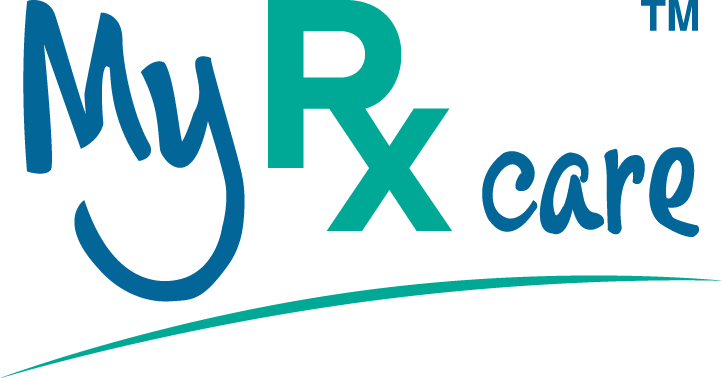The benefits of using a medication adherence app
Taking medications regularly and as prescribed by a healthcare professional is a critical component of managing chronic conditions and achieving better health outcomes. However, medication non-adherence remains a pervasive problem of people worldwide. According to the World Health Organization, half of patients with chronic diseases do not take their medication as prescribed, leading to adverse health outcomes, increased healthcare costs, and reduced quality of life.
To address this issue, healthcare providers and patients can leverage medication adherence apps that remind users to take their medications at the right time each day. These apps can provide customized reminders for specific medications and doses, as well as alerts for prescription refills, making it easier for patients to stay on track with their treatment plan.
Here are some of the benefits of using a medication adherence app:
- Improved medication adherence: Reminders and alerts sent by the app help users stay on top of their medication schedule, reducing the likelihood of missed or skipped doses. Regular use of the app can improve medication adherence, leading to better health outcomes and reduced healthcare costs.
- Customized reminders: Medication adherence apps can provide customized reminders for specific medications and doses, ensuring that patients take the right medication at the right time. This is especially helpful for patients who take multiple medications with different dosing schedules.
- Prescription refill notifications: Running out of medication can be a major barrier to medication adherence. Medication adherence apps can send notifications when it's time to refill a prescription, ensuring that patients have a continuous supply of medication and reducing the risk of treatment interruptions.
- Better communication with healthcare providers: Medication adherence apps can facilitate better communication between patients and their healthcare providers. Healthcare providers can use the app to monitor medication adherence and adjust treatment plans as needed, while patients can use the app to track their progress and share it with their healthcare team.
- Reduced healthcare costs: Poor medication adherence is a major contributor to healthcare costs. By improving medication adherence, medication adherence apps can help reduce healthcare costs associated with hospitalizations, emergency department visits, and other complications of chronic conditions.
Medication adherence apps can provide significant benefits for patients, healthcare providers, and healthcare systems. By improving medication adherence and facilitating better communication between patients and healthcare providers, these apps can help improve health outcomes, reduce healthcare costs, and enhance the quality of life for people with chronic conditions. If you struggle with medication adherence, consider using a medication adherence app to help you stay on track with your treatment plan.

